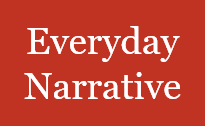Copyright © Everyday Narrative 2024. All rights reserved.
In the digital age, especially during election seasons, the sheer volume of information can be overwhelming. With US politicians gearing up for another electoral showdown, discerning the truth in a sea of misinformation becomes not just a matter of civic responsibility but a necessity for the health of democracy. This article outlines practical steps and considerations for ensuring that the information you consume and share during an election is accurate and reliable.

The Importance of Reliable Information
The foundation of a functioning democracy is an informed electorate. Voters rely on accurate information to make decisions that align with their beliefs and interests. However, the digital landscape is fraught with misinformation, biased reporting, and even disinformation campaigns designed to mislead and manipulate public opinion. In such an environment, ensuring the reliability of the information becomes paramount.
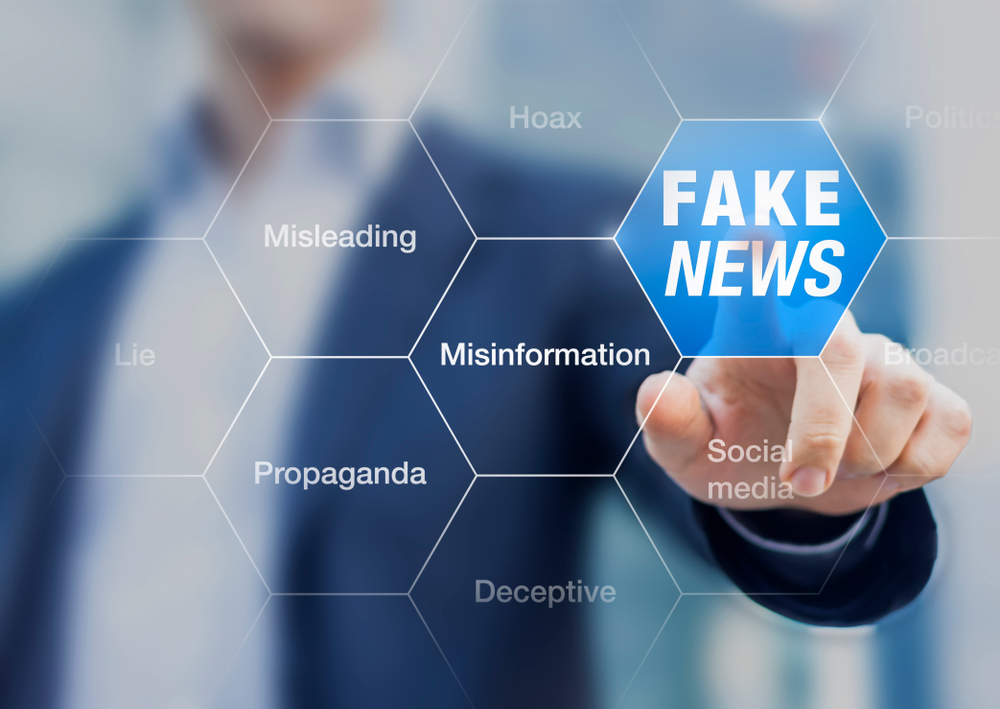
Consider the Source
Reputable and credible sources are pillars of accurate information. Established news organizations, known for their commitment to accuracy and accountability, should be your primary go-to sources. These organizations adhere to strict editorial standards and are more likely to correct mistakes, providing a level of trustworthiness that unverified sources cannot match.
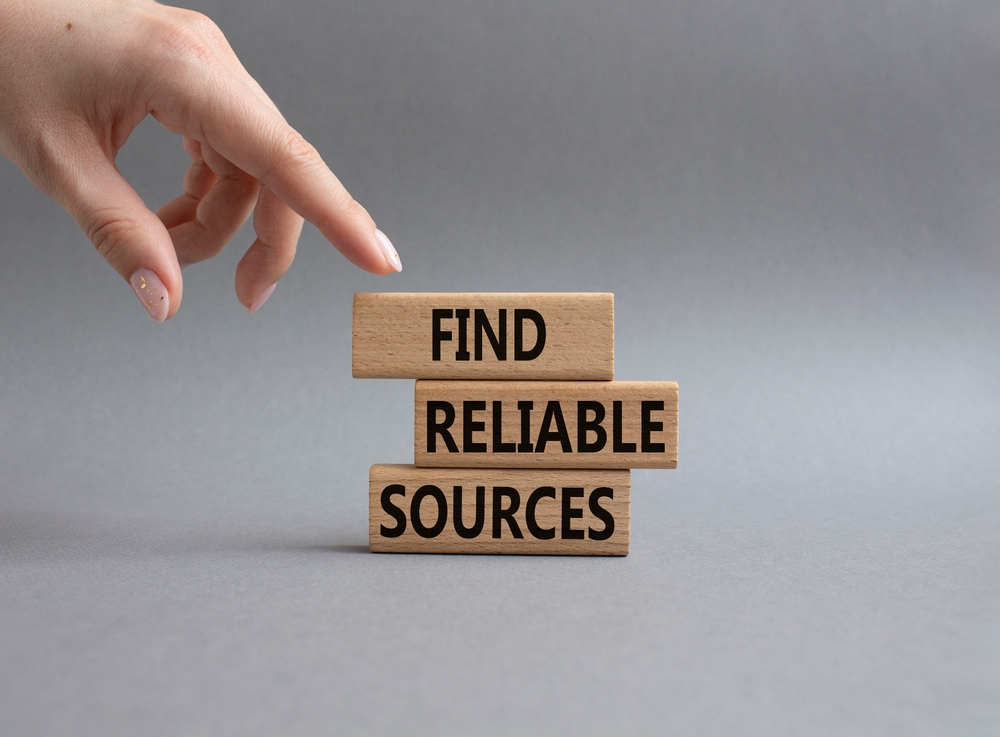
Verify with Multiple Sources
One of the most effective ways to ensure accuracy is to cross-reference information with multiple trusted sources. If a significant story is true, it is likely to be reported by several reputable outlets, each providing additional context and perspective that can help you form a well-rounded understanding of the issue.
Understanding Bias and Perspective
All media comes with some degree of bias; recognizing this is crucial. Different outlets may present the same facts through different lenses. By consuming news from a variety of reputable sources, including those with differing editorial slants, you can better understand the nuances of an issue and the spectrum of perspectives surrounding it.
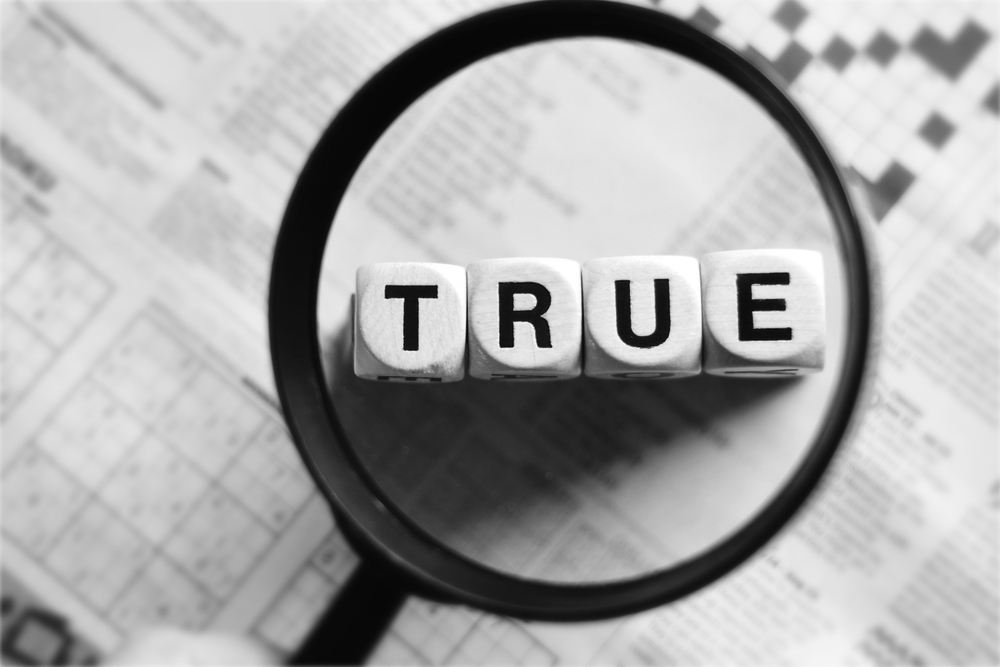
The Role of Fact-Checking
In an era of rapid information dissemination, fact-checking websites have become invaluable. Organizations like Snopes, FactCheck.org, and PolitiFact dedicate themselves to verifying the accuracy of widely circulated stories and claims. Before accepting a sensational story or a political claim at face value, consult these resources to see if it holds up to scrutiny.
The Dangers of Viral Misinformation
Social media platforms are notorious for the rapid spread of misinformation. Viral stories, while compelling, often lack factual basis. Approach such information with a healthy dose of skepticism. Look for confirmation from reputable sources before believing—or sharing—viral content.

Educate Yourself on Media Literacy
Media literacy is the ability to critically assess media content, understand its purpose, and evaluate its reliability. Educating yourself on how to distinguish between different types of content (e.g., news vs. opinion) and understanding the mechanisms behind the creation and distribution of news can enhance your ability to navigate the media landscape effectively.
Guard Against Deepfakes and Manipulated Content
Technological advancements have made the creation of deepfakes and other forms of manipulated content alarmingly accessible. These tools can produce highly convincing fake audio or video content, making it imperative to critically assess the authenticity of sensational or suspect information.
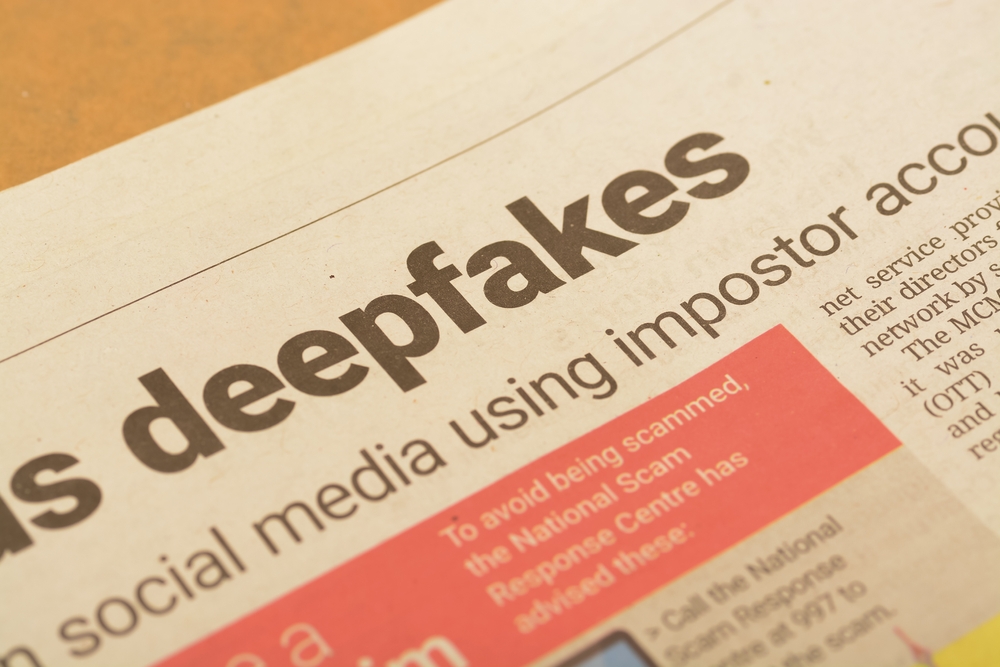
Beware of Confirmation Bias
Confirmation bias—the tendency to favor information that confirms pre-existing beliefs—can distort your perception of reality. Challenging yourself to engage with credible sources that present opposing viewpoints is essential for a balanced understanding of the issues at hand.
Critical Thinking Is Key
Ultimately, critical thinking is your most powerful tool in assessing the reliability of information. Asking questions about the source, the evidence presented, and how it compares to reporting from other credible outlets can guide you toward informed opinions and decisions.
The Role of Individual Responsibility
In the digital age, each of us bears responsibility for the information we consume and share. By applying critical thinking, seeking out reputable sources, and exercising caution with viral content, we contribute to a more informed and less polarized public discourse. As election season approaches, let us commit to being diligent, discerning consumers and sharers of information.
Conclusion
As US politicians prepare for the upcoming election, the role of accurate information in sustaining a healthy democracy cannot be overstated. In navigating the complex and often misleading information landscape, individuals must be proactive, critical, and thorough in their consumption and dissemination of news. By embracing media literacy, seeking out reputable sources, and engaging in critical thinking, voters can protect themselves against misinformation and contribute to a more informed electorate. In doing so, we uphold the principles of democracy.
